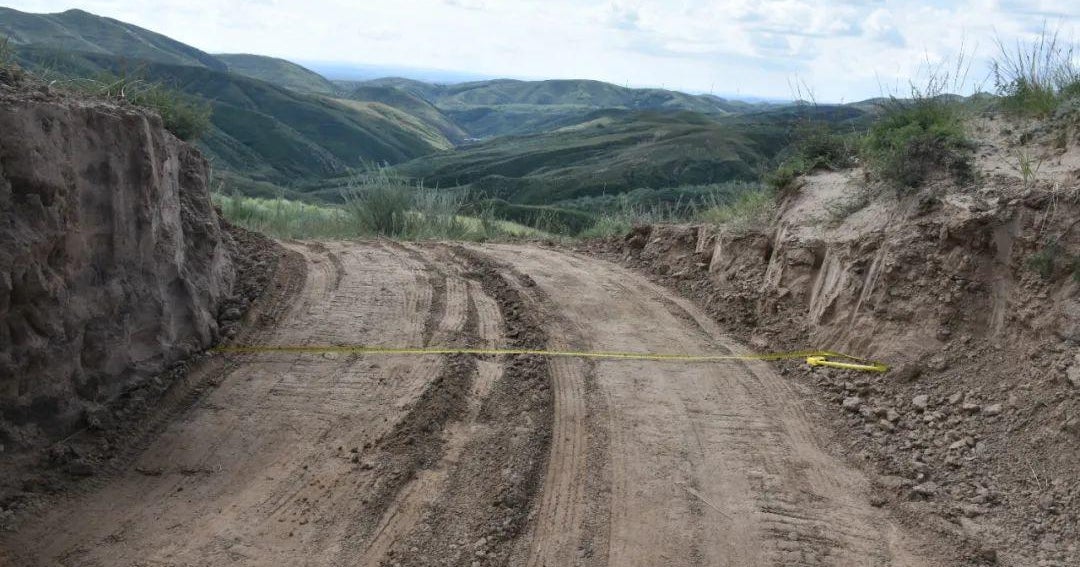Greater than 200 scientists have signed onto a letter pushing for “accountable” analysis into methods to lure planet-heating carbon dioxide on the earth’s oceans. They need to take pressing motion on the local weather disaster, whereas ensuring they don’t set off any new issues by counting on oceans to assist in the battle.
Polluters have trashed the world’s ambiance with carbon dioxide emissions from fossil fuels. That blanket of air pollution is already warming the planet and inflicting extra excessive climate disasters. One strategy to maintain local weather change from getting worse is to take a few of these historic emissions out of the ambiance.
Oceans already try this for us, absorbing and holding round 50 occasions extra carbon than the ambiance. What if people might supercharge that potential?
“Whereas ocean-based carbon dioxide elimination approaches have huge potential, there are additionally dangers.”
That’s what scientists need to higher perceive, together with any unwanted side effects which may include messing with the chemistry of our oceans. Startups are already creating new applied sciences to sequester extra CO2 within the sea. However there’s nonetheless lots we don’t learn about what impression which may have or what methods is perhaps most profitable, the letter says.
“Whereas ocean-based carbon dioxide elimination approaches have huge potential, there are additionally dangers,” the letter says. “Society doesn’t but have almost sufficient details about the effectiveness or impacts of any particular strategy and so can not make knowledgeable selections about their use at scale.”
There’s a complete spectrum of the way to spice up the ocean’s potential to soak up and maintain carbon dioxide. Some are pure, like restoring coastal ecosystems that draw down CO2 by means of photosynthesis. Different methods are extra technology-driven. A few California-based startups have constructed pilot crops to filter CO2 out of the ocean, for instance. The concept is that taking CO2 out of the world’s oceans will free them as much as take up much more of the gasoline.
These are all fairly early efforts, and hacking the excessive seas is not any substitute for stopping greenhouse gasoline emissions from accumulating within the ambiance by ditching fossil fuels. Some environmental advocates are additionally anxious about new CO2-filtering applied sciences harming marine life.
The letter immediately requires managed area trials to judge carbon elimination methods, together with a third-party evaluate of the outcomes. There additionally should be safeguards in place to deal with any “unintended or adversarial penalties” and inclusive insurance policies to interact completely different stakeholders.
Some massive names in local weather and environmental sciences have signed on. That features David King, former chief scientific adviser to the UK authorities between 2000 and 2007. James Hansen, a former NASA local weather scientist well-known for warning the world about local weather change throughout a 1988 testimony to Congress, has additionally signed the letter.
“Doing nothing is unethical”
Oceans have already taken an enormous hit from local weather change. A heatwave within the Atlantic is decimating Florida’s coral reefs this summer season, as an illustration. Scientists are so anxious a couple of mass die-off that they’ve raced to take corals out of the ocean to maintain in land-based labs till it’s protected to return them to the water. In spite of everything, what occurs offshore impacts communities on land, too. Florida’s coral reefs present an vital buffer from storm surges and a house to hundreds of species which are vital to the native financial system.
“I’ve seen these huge declines in ocean well being … Doing nothing is unethical, primarily,” says Débora Iglesias-Rodriguez, Ecology, Evolution, and Marine Biology division chair on the College of California, Santa Barbara, who signed the letter launched immediately.
Relating to learning new methods to make use of oceans to deal with local weather change, she says, “We have to no less than work out the dangers and the advantages, see whether or not we can assist resolve the issue now we have created.”








